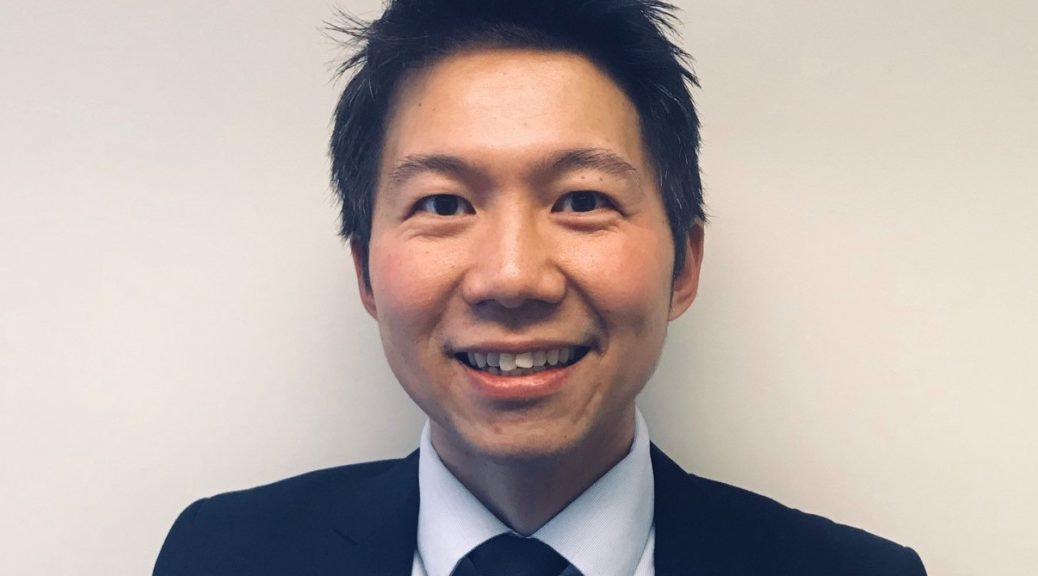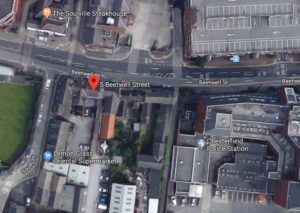Fly on the wall documentaries are increasingly popular, particularly when they show the workings of the criminal justice system. Such programs may, particularly when they rely on interviews with the police, present a no comment interview as harmful to a suspects case.
While there may be instances where a person is not helped by failing to give an account, there are many occasions when there is substantial benefit to a no comment interview.
Exercising your right to silence
Choosing not to answer questions is your legal right. The reasons for refusing to answer questions my be complex. You would certainly be best advised to seek expert legal advice before doing so.
You can read more about your right to silence here.
Choosing a no comment interview might mean that no further action is taken by the police at the conclusion of the police investigation.
Here are two examples where accredited police station representative Rob Lowe at our Chesterfield office provided advice on the right to silence. His clients conducted a no comment interview. Ultimately it was to their benefit.
No comment interview following assault allegation

Rob was instructed to attend for a voluntary interview. His client was being investigated as an allegation had been made that he assaulted a neighbour. The neighbour was said to have stepped onto his land to remonstrate with a third party who was driving a tractor.
The allegation was that Rob’s client had then shoved the neighbour.
Upon taking his client’s instructions, he confirmed that he had been present and approached the complaint. He accepted putting himself between the complainant and the driver. This was to highlight to the neighbour that he was putting himself in a dangerous position bearing in mind the type of vehicle.
Our client denied touching the complainant at all.
Rob assessed the police evidence as being weak. Without any form of admission it seemed unlikely that it would proceed to court. In order to remove any risk that his client would go beyond his instructions when interviewed, Rob advised his client to use a prepared statement and then conduct a no comment interview.
Rob’s assessment of the case was correct because after the interview took place the police confirmed that no further action would be taken.
No comment interview where no complaint made
On this occasion following a client’s arrest, Rob was instructed to advise a suspect who had been arrested of assault and criminal damage within a domestic setting.
Before interview, Rob discovered that the police had no statement of complainant from the only witness who could support a prosecution. There was no other admissable or independent evidence.
Based on his assessment of the evidence, Rob advised his client that he ought to exercise his right to silence in interview. As a result, he made no comment replies to questions.
As no one was accusing his client of wrong doing there was no need to answer questions. Again, Rob’s client was released without any charges from the police.
Instruct a criminal law specialist to advise on a no comment interview.
These are just two examples of how instructing us at the point of police interview can benefit you and ensure that we protect your interests.
Some more benefits of early legal advice can be found here.
We have offices across the East Midlands. You can find your most convenient office here. Alternatively you can contact us using the form below.







